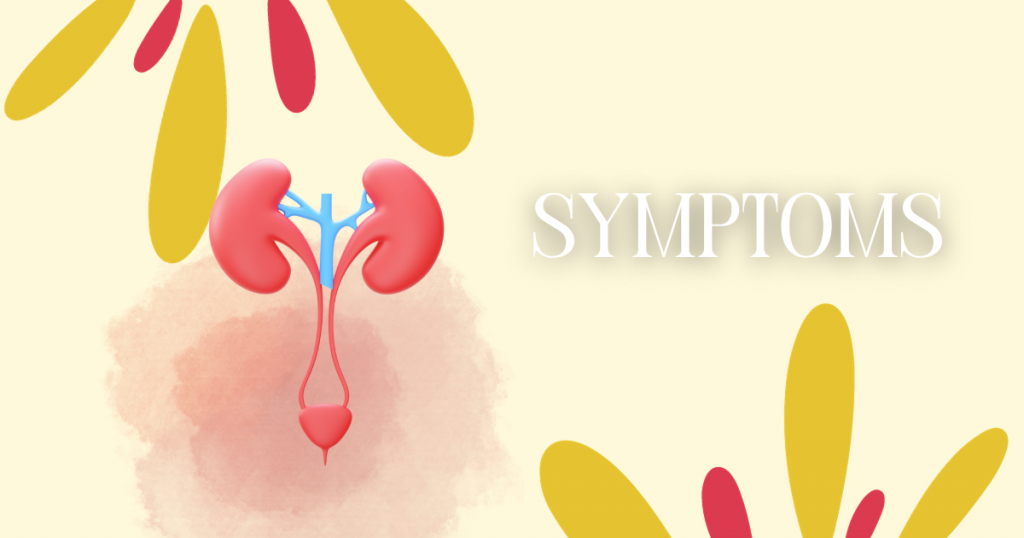How to Treat a UTI During Pregnancy
Published on:November 02 2023
One in five adult females between the ages of 20 and 65 have UTIs at least once a year. UTIs will affect about 50% of women at some point in their lives. When bacteria enter the normally sterile urinary system, they multiply there and cause UTIs, which include painful urination and other symptoms. There are some circumstances during pregnancy that increase the likelihood of this happening.
What is a UTI?
Urinary tract infections (UTIs) happen when there are a lot of germs in the urinary tract.
UTIs are more common in women than in men. Due to their close proximity, the female anatomy makes it simple for bacteria from the vagina or the rectal area to enter the urinary tract.
Why are UTIs common during pregnancy?
During pregnancy, UTIs are common. This is because the bladder and urine system may become compressed by the expanding foetus. This either causes urine to leak or traps microorganisms.
Consider the physical changes as well. Nearly all pregnant women have ureteral dilatation, or the urethra expanding and staying expanded until delivery, as early as six weeks gestation.
The urine becomes more still in the urethra as a result of the bigger urinary tract, higher bladder capacity, and decreased bladder tone. As a result, bacteria can expand.
A pregnant woman’s pee becomes more concentrated, which only makes things worse. Sugar and certain hormones are also present. These may promote bacterial development and weaken your body’s defences against “bad” germs that are trying to invade.
What are the symptoms?

Burning or painful urination, cloudy or blood-tinged urine, pelvic or lower back pain, frequent urination, the sense that you need to urinate regularly, a fever, nausea, or vomiting are all indications that you have a UTI.
Pregnant women who have previously experienced UTIs are more likely to experience them. The same is true for mothers of several children.
Is a UTI dangerous during pregnancy?
Despite the fact that UTIs are frequently experienced during pregnancy and frequently occur without any symptoms, if a UTI is not treated, it can lead to more significant health issues. Untreated UTIs can develop into much more serious kidney infections.
What are the treatment options?

By doing the following things, you can lessen your risk of developing UTIs while pregnant: regularly emptying your bladder, especially before and after sex; wearing only cotton pants; forgoing pants at night; avoiding douches, perfumes or sprays; staying hydrated with lots of water; and avoiding using harsh soaps or body washes in the genital area.
Antibiotics are typically used to treat UTIs that occur during pregnancy. Your doctor will prescribe an antibiotic that is safe for use during pregnancy while still having potent antibacterial properties.
You might need to take a stronger antibiotic or get an intravenous (IV) infusion if your UTI has turned into a kidney infection.
Detect early signs of UTIs using BUZUD test kit.
DISCLAIMER
All information presented herein serves as a general guideline, and is not intended as dispensing any medical advice(s). User(s) should consult their doctor to seek further clarification for any doubt. It is recommended to refer to this guide with sole discretion, thereby we shall not be held responsible for any part of the information as presented.
REimagined Healthcare with BUZUD Care Experience at:
585 North Bridge Road, #01-02 Raffles Hospital, Singapore 188770
Call: +65 6518 9959 or Email: customercare@BUZUD.com
https://buzud.com/2023/11/02/how-to-treat-a-uti-during-pregnancy-copy/






